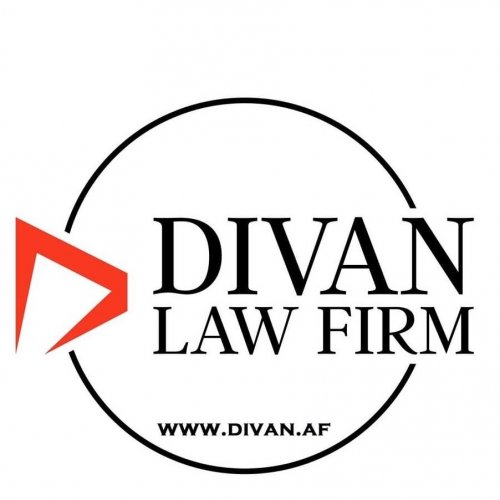Best Housing, Construction & Development Lawyers in Kabul
Share your needs with us, get contacted by law firms.
Free. Takes 2 min.
Free Guide to Hiring a Real Estate Lawyer
List of the best lawyers in Kabul, Afghanistan
About Housing, Construction & Development Law in Kabul, Afghanistan
Kabul, the capital of Afghanistan, is a rapidly urbanizing city that has seen an increase in housing, construction and development projects. Laws regarding these matters are overseen by the Ministry of Urban Development and Land (MUDL). They address issues of residential and commercial real estate, land use, construction projects, property rights, land allocation, and urban development planning. The legal framework is designed to protect the rights and interests of landowners, developers, contractors, and tenants.
Why You May Need a Lawyer
Legal issues in the field of housing, construction, and development can be complex and multifaceted. You may need a lawyer to navigate land acquisition or lease procedures, negotiate construction or development contracts, handle disputes related to property rights, assist with zoning and permitting issues, or aid in eviction processes. Lawyers can also guide you through regulatory compliance and advise you on any changes in legislation that may affect your project or property. Seeking legal help ensures that your rights are protected and your matters are appropriately addressed according to Afghan law.
Local Laws Overview
There are various laws at play in Kabul governing housing, construction, and development. The Land Management Law regulates matters relating to land ownership, division, and usage. The Construction Law prescribes rules for building, safety regulations, and responsibilities of contractors and architects. Additionally, the Municipalities Law states responsibilities of municipalities regarding urban planning and development. Laws concerning tenancy, eviction, and property disputes are other critical facets to be aware of when dealing with property matters in Kabul.
Frequently Asked Questions
What rights do I have as a property owner in Kabul?
Property owner rights include the right to possess, use, and control the property, and the right to transfer ownership. There may be restrictions relating to construction and land use.
Can I clear a building from tenants for redevelopment purposes?
You may need to provide sufficient notice and compensation, as dictated by tenancy laws. It's recommended that you consult with a lawyer to understand your obligations and rights.
Can I develop any piece of land in Kabul?
Not all land may be suitable or legally permissible for development. You need to verify land ownership, purpose, zoning restrictions, and obtain necessary permissions.
What happens if my construction project violates local laws?
You may face penalties, fines, or a halt in construction. Severe violations may lead to demolition orders by authorities.
How can I deal with a land dispute?
Land disputes can be complex and require legal assistance. A case may be resolved through negotiation, mediation, or court proceedings.
Additional Resources
You can contact the Ministry of Urban Development and Land, Kabul Municipality, or local non-governmental organizations for advice or resources. Accessing legal texts and guidelines on the official website of MUDL and Afghan Legal Document System can also provide insights.
Next Steps
If you require legal help, seek counsel from a lawyer experienced in Afghan property law. Gather all relevant documents and facts regarding your legal matter. Keep track of any communication or transactions. Transparency and cooperation with your lawyer can aid in effectively addressing your legal needs.
Lawzana helps you find the best lawyers and law firms in Kabul through a curated and pre-screened list of qualified legal professionals. Our platform offers rankings and detailed profiles of attorneys and law firms, allowing you to compare based on practice areas, including Housing, Construction & Development, experience, and client feedback.
Each profile includes a description of the firm's areas of practice, client reviews, team members and partners, year of establishment, spoken languages, office locations, contact information, social media presence, and any published articles or resources. Most firms on our platform speak English and are experienced in both local and international legal matters.
Get a quote from top-rated law firms in Kabul, Afghanistan — quickly, securely, and without unnecessary hassle.
Disclaimer:
The information provided on this page is for general informational purposes only and does not constitute legal advice. While we strive to ensure the accuracy and relevance of the content, legal information may change over time, and interpretations of the law can vary. You should always consult with a qualified legal professional for advice specific to your situation.
We disclaim all liability for actions taken or not taken based on the content of this page. If you believe any information is incorrect or outdated, please contact us, and we will review and update it where appropriate.








